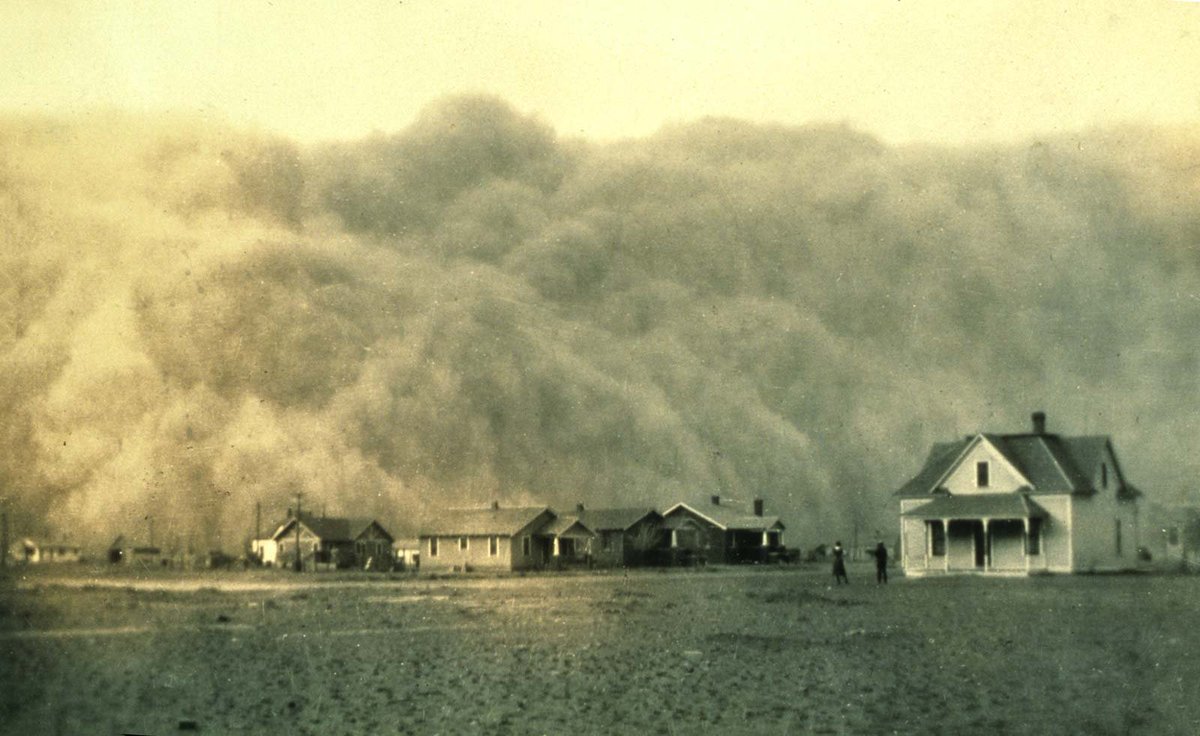
When I run #Vampire I like to inject a little chaos now and then. Random events that crop up that cause problems for characters. It's not just the conspiratorial, secret world that messes with you; some nights you can't catch a break in the mundane world, either.
1/
1/

Often I'll pick a character at random and then throw some kind of mortal complication at them: You get summoned for jury duty. A group of urbex teens stumble into your haven and post a TikTok inside of it. Your credit card number is stolen and someone runs up charges.
2/
2/

These tiny bits of drama remind players that vampires are not of the mortal world, but must still work within it. Often these complications mean having to deal with mortals in ways beyond just killing them. Exsanguinating the bank teller won't get your credit card unfrozen!
3/
3/

Often when I do these little side-scenes I'll rope in the other players to take the roles of various mortals in the scene, so that the players have something to do. I'll give them a brief direction and let them go—players like to improvise in interesting ways.
4/
4/

To decide who gets the crapsack on a given episode, I'll list all of the Kindred characters, then weight them according to their Humanity scores. Rather than doing a lot of fiddly math I tend to just break them into low, medium, and high Humanity ratings.
5/
5/

Lower Humanity = higher chance for a bad event.
"How come I keep getting these wild things happening to me?"
"The universe hates you because you're a bad person, Lick."
The wheel of karma goes 'round and 'round.
6/
"How come I keep getting these wild things happening to me?"
"The universe hates you because you're a bad person, Lick."
The wheel of karma goes 'round and 'round.
6/

Unlike the actual world, the World of Darkness is one in which the spiritual is real, in which bad acts drag you down and cause spiritual consequences, where there are sympathetic sequelae for your bad behavior. A Beast you are, and so you shall be treated as one.
7/
7/
Another fun aspect of this is that solving these problems is often easier for humane vampires. If the bank's only open from 8 AM to 5 PM to deal with your stolen credit card, a better Humanity rating means you might be able to stay awake for that call.
8/
8/
Plus your social interactions aren't as heavily stilted. You can convince people to help you out because you aren't giving off the vibes of "If I got in an elevator with this guy, he would murder me, so I just want to not deal with him at all if I can help it."
9/
9/
And these interactions can offer new opportunities. Your vampire must meet and deal with new people. They could become allies, perhaps, suborned into your schemes. Or even... a friend.
Or just lunch.
10/
Or just lunch.
10/
Of course, some Kindred might try to rely on Disciplines to solve problems, but can you mind-control someone over the phone who's probably working in a phone bank on the other side of the world?
11/
11/
Using your super-strength to murder a bunch of teens who were last seen at your haven is probably a good way to get on the wrong side of law enforcement. Dealing with the weird bullshit that the world can throw at you often requires some flexibility, not just predation.
12/
12/
This, in turn, underscores that Disciplines are about being a predator. They make it easier for you to be evil. They can solve some problems... but if you rely on them for everything, you will quickly find your world an abattoir.
13/
13/
A vampire's powers make them the top of the food chain in a torchlit world of mortals huddled in ramshackle huts in the dark, but the modern world is far more complex than that, and a vampire's inability to adapt is a huge weakness.
14/
14/
Just think of every time you've had some random thing go wrong and really skew your day. Make a list of 'em. Then start throwing these frustrations at your vampire players and see who's the real top-tier survivor.
~Fin~
~Fin~

• • •
Missing some Tweet in this thread? You can try to
force a refresh
















